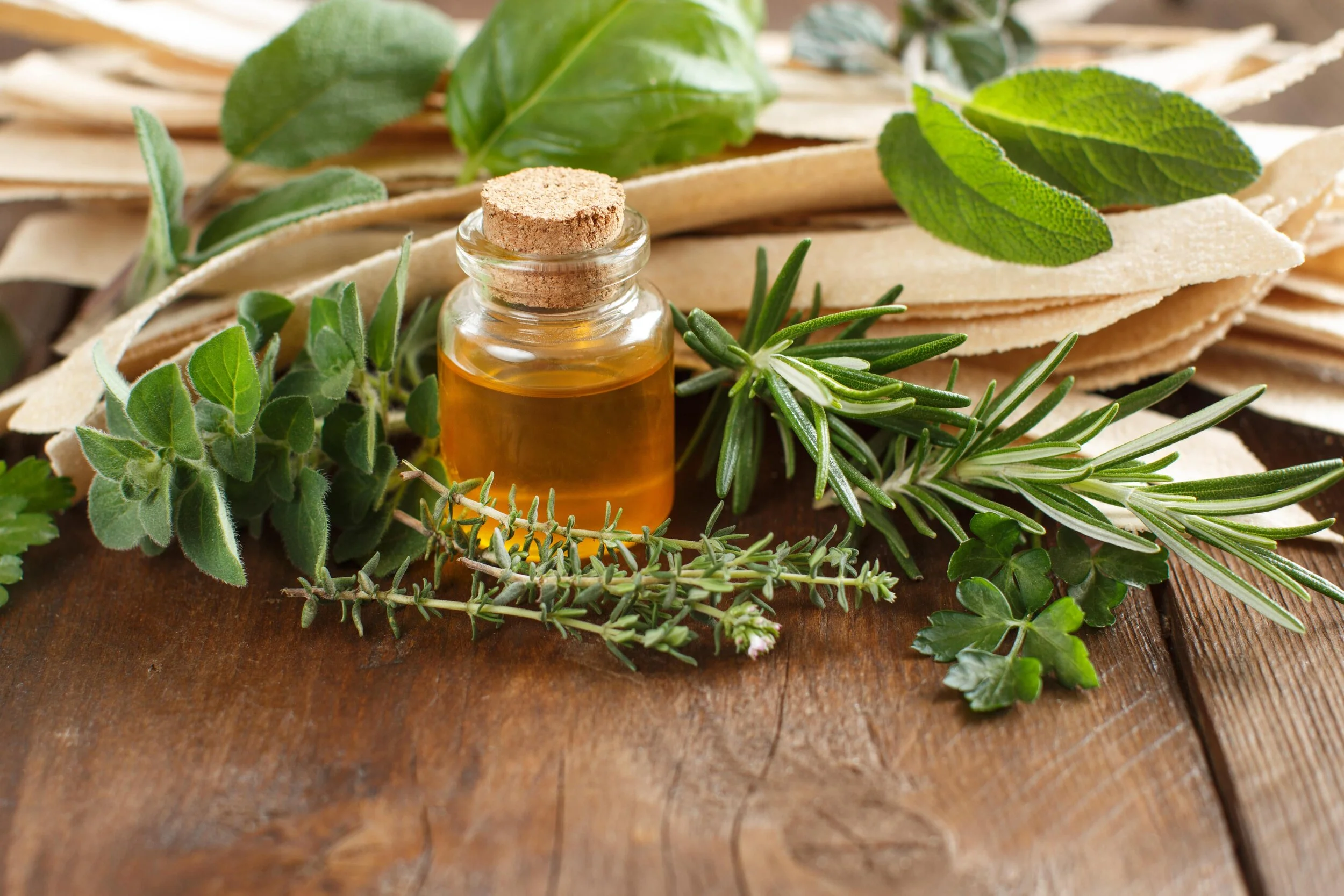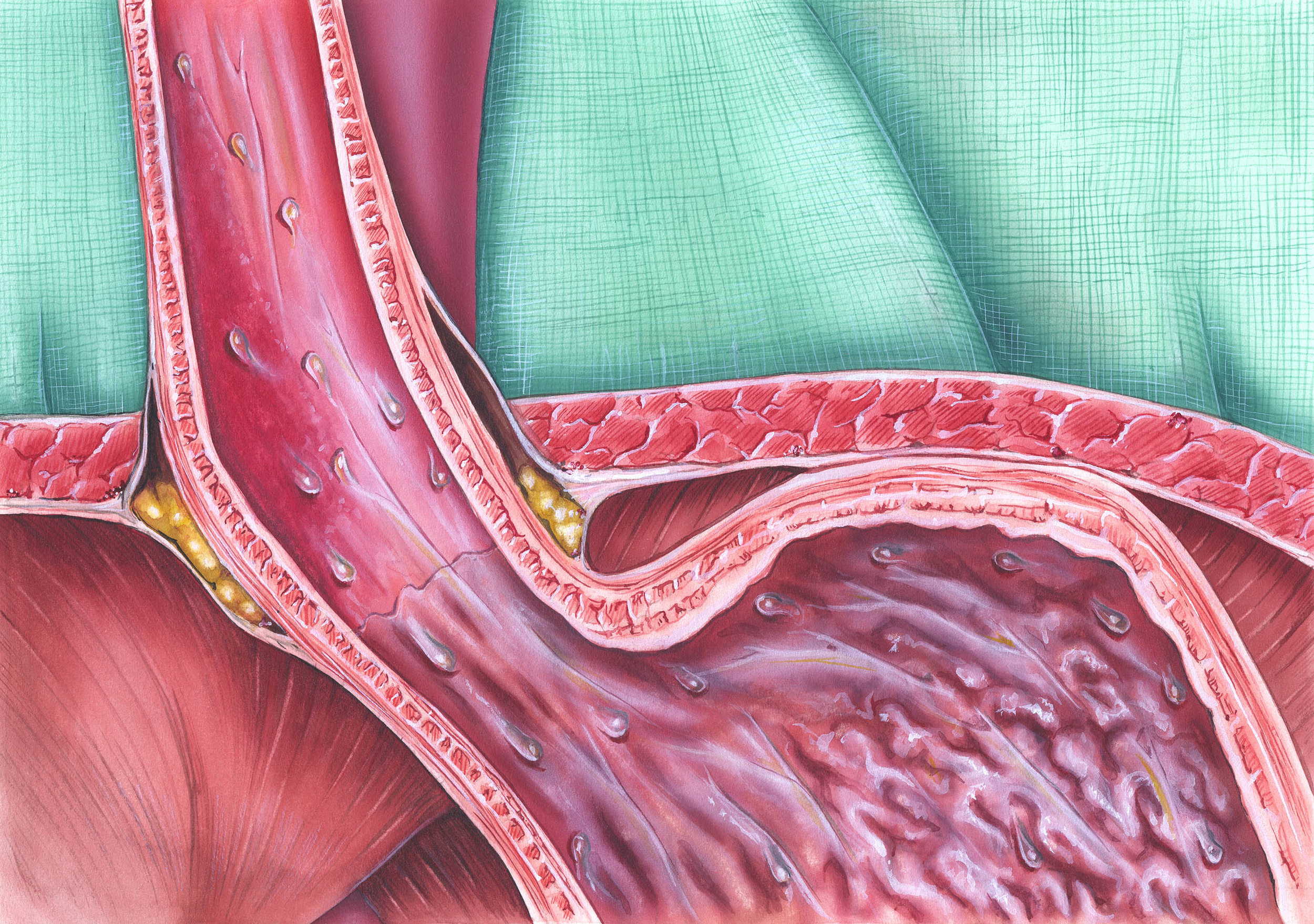While a delicious Valentine’s spread might sound like a dream for some, for people with GERD, certain recipes can trigger acid reflux. But have no fear, we’ve put together some of our favorite acid reflux dinner recipes to make sure you can enjoy Valentine’s Day.
Read MoreWe can’t always control the factors that cause our lower esophageal sphincter to deteriorate, but there are some things we can do to make sure we are caring for our LES, particularly if we fall under the risk factors for GERD. Here’s everything you should know about the lower esophageal sphincter and how to prevent it from becoming damaged.
Read MoreIf you’ve been diagnosed with gastroesophageal reflux disorder (GERD), there are a variety of options you can choose as your course of treatment. However, not all of the possibilities treat GERD equally—some just alleviate symptoms short term, while only a few treat the root cause of the condition. Proton pump inhibitors (PPIs) are one of the common treatments for GERD that is not a suitable long-term solution. Below, we will discuss four of the best alternative treatment options for GERD symptoms.
Read MoreEsophageal disorders affect the muscular tube that carries food and liquids from your mouth to the stomach called the esophagus. There are a few common disorders that can affect how well the esophagus can do its job—luckily many of these esophageal disorders are easily treated with the right reflux doctors. We’ll discuss five common esophageal disorders that everyone should be aware of.
Read MoreIf you experience chronic acid reflux or gastroesophageal reflux disorder (GERD), there are a few different treatment options available to alleviate symptoms of GERD. The only way to treat the root cause of this disease is with anti-reflux surgery. A common type of reflux surgery is called fundoplication. In this article, we will discuss what the surgery entails and the difference between a partial and a full fundoplication.
Read More





